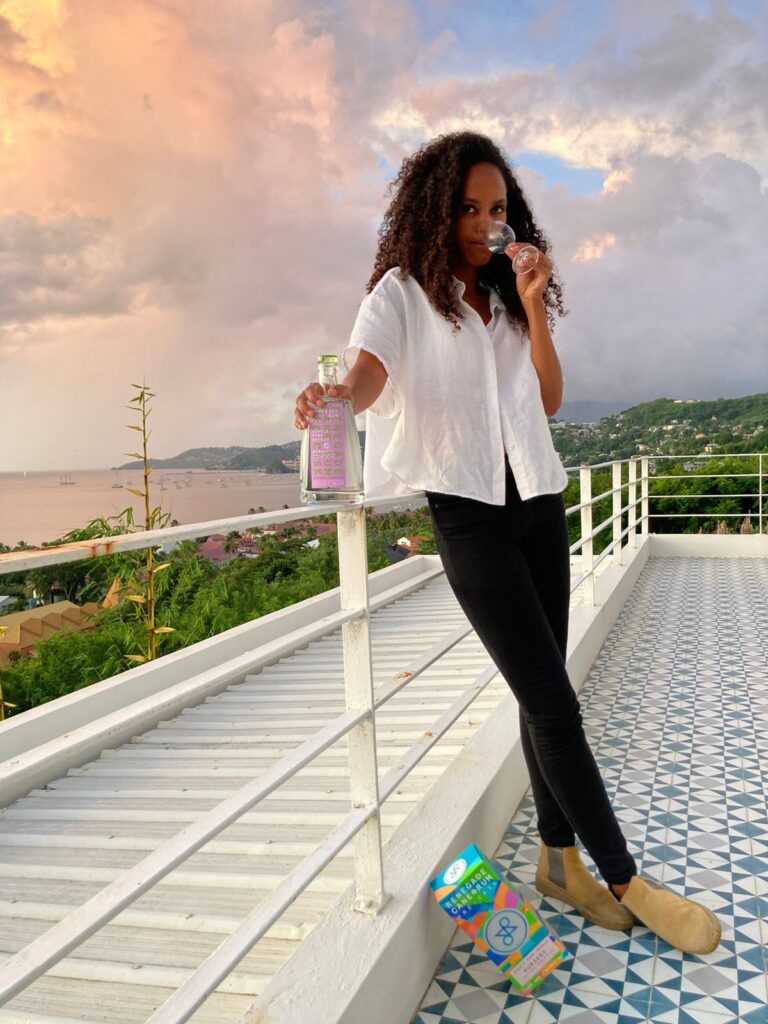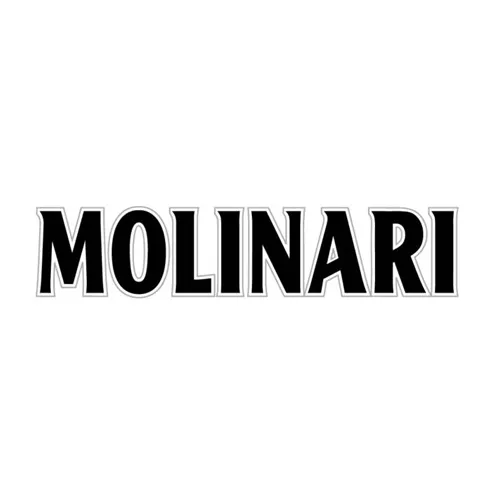Born from the visionary talent of whiskey guru Mark Reynier, Renegade is a young distillery from Grenada that stands out for its revolutionary approach to rum production. Jane Nurse, Marketing & Sustainability Manager of the distillery, arrives in Italy for the first time
Pure spirit of Grenada: the variety of terroir
Grenada is an island state of just 100 thousand inhabitants between Trinidad & Tobago and Saint Vincent and the Grenadines. Unlike Jamaica, Barbados or Martinique, known for their distinctive styles of rum, Grenada with its small size has never focused much on spreading its rums abroad.
In fact, there are only three distilleries on the island, in addition to those active only for local consumption: starting from the historic and highly original River Antoine, continuing with Clarke's and Renegade.

Jane Nurse, Marketing & Sustainability manager of Renegade, followed the delicate process of reintroducing sugar cane that accompanied the birth of the distillery: “Reviving the sugarcane industry in Grenada on a commercial scale was no mean feat. Initially, the plan was to work with local farmers to produce sugarcane, but the team quickly realized that this model wouldn't work. Farmers were reluctant to return to sugarcane cultivation, which required too much effort to reach the level required by the distillery. Culturally, sugarcane cultivation was also associated with the historical trauma of slavery. Another problem was finding farmers who had sufficient land and title deeds. In the end it was clear that we had to become farmers ourselves, investing in equipment and people".

Grenada is strongly characterized by the variety of terroirs: altitudes, microclimates and volcanic, granular or alluvial soils. As Mark Newton, the distillery's Head of Brand, explains, “Grenada is an exciting mosaic of terroir, with a wide range of places to grow sugarcane. At the beginning of this adventure it was a bit like a blank canvas, we had to start cultivating it ourselves, as we wanted, in the places we wanted".

Today Renegade uses 14 different farms along the entire coast, directly cultivating sugar cane in each of them and employing over 100 local farmers. Renegade follows every single phase of production, from harvesting to cane processing, up to distillation and bottling.
Some of the farms are very close to the sea, exposed to the Atlantic Ocean and constantly crossed by the sea breeze, while those further south are more protected, and also have soil rich in iron. Renegade has recently extended its cultivations to the northern side of the island: in total there are over 105 hectares involved, with the intention of reaching 300 shortly.

The pillars of Renegade: from the raw material to the bottle
Historically Grenada was a French and English colony, and this is also reflected in the distillation culture of Renegade, where the wisdom of French origin and that of British origin merge. Furthermore, in the wake of the experience gained by Mark Reynier with his Waterford, the production philosophy adopted for it Single Malt Irish Whiskey was transported without compromise to Grenada. A philosophy that can be summarized in the concept of "from farm to bottle".
The first pillar of the distillery is therefore undoubtedly the way in which the raw material is valorised: thanks to a technology developed in the whiskey industry, Renegade mills and distills clean, freshly grown cane varieties, terroir by terroir, farm by farm, grown in Grenada's diverse soils and microclimates. The harvest is done by hand and all the raw material is processed within 24 hours of harvesting. Only fresh cane juice is used.

The second pillar concerns fermentation: the approach of Renegade it is in fact very unusual compared to the usual one in the world of rum, because it uses closed tanks for a "clean" fermentation started by selected yeasts, in order to preserve the distinction between the terroirs. There are 6 different fermentation tanks, each of which is filled separately and then cleaned after use, so that the next process starts again in a neutral environment. A truly unique feature is the elongated shape and horizontal rather than vertical positioning of these containers. In this way the yeasts work on a larger portion of the must rather than concentrating in certain areas.
As for distillation, in addition to the ultra-modern pot and column stills designed by Forsyths, the Renegade Rum Distillery uses sophisticated technology for the production of renewable energy and the phytoremediation of wastewater flows, enhancing the surrounding biome and ensuring that the distillation systems work to the rhythm of natural systems.

Once distilled, Renegade rum is usually diluted with water to between 78 and 85 proof, and then rests for two to six months, during which it is gradually brought up to bottling strength.
For rum intended for ageing, Renegade uses American oak barrels originating from Tennessee or Kentucky, but also fine barrels that have contained French red wine, such as Château Lafitte and Château Latour, or virgin Colombian and Indian oak barrels.

The concept of CaneCode, L'importance of traceability and sustainability for Renegade
Another peculiarity of Renegade is the decision to offer consumers full traceability of what they find in the glass. In fact, through a code present on each bottle, it is possible to find out how the rum is produced, where it comes from, how it was aged. Using the “CaneCode” with your smartphone you can access a series of specific contents of that specific bottling, which certify its origin and characteristics. This way, those who purchase a bottle can browse maps, see harvest information, view distillation details and discover the terroir on which the sugarcane was grown. You can even hear farm sounds. Such a level of detail represents the dream of every rum lover, but also a serious commitment to guarantee traceability and transparency towards any drinker.

And finally the commitment to sustainability, guaranteed by the work of Jane Nurse: “To reduce the impact of waste production, Renegade Rum reuses the 100% of bagasse (sugar cane leftover after milling) as fertilizer on our farms or as biofuel for our high-efficiency biomass boiler on site. The biomass boiler generates steam to power the stills and the excess steam is used to generate up to 16% of the site's electricity demand. Furthermore, the distillation waste ends up in a wastewater treatment plant, is filtered and also becomes nourishment for the earth."
Three mixing proposals by Gregory Camillò – Jerry Thomas Bar Room
Renegade is a great meditation rum, both in the pre cask and aged versions, but it shines in the hands of a top bartender with international experience such as Gregory Camillò, bar manager of the newly founded Bar Room in Rome, a Trastevere spin off of the famous Jerrry Thomas Speakeasy.
CONSULT

Renegade Etude New Bacolet
Sweet Vermouth
Sherry Fino
Peach Liquor
GRENADA DAIQUIRI

Renegade Dunfermline Mango Lane Column
Fresh Lime
Gum Syrup
MARY PICKFORD

Renegade New Bacolet Upper Come Pot Still
Sour Pineapple
Sour Grenadine
























